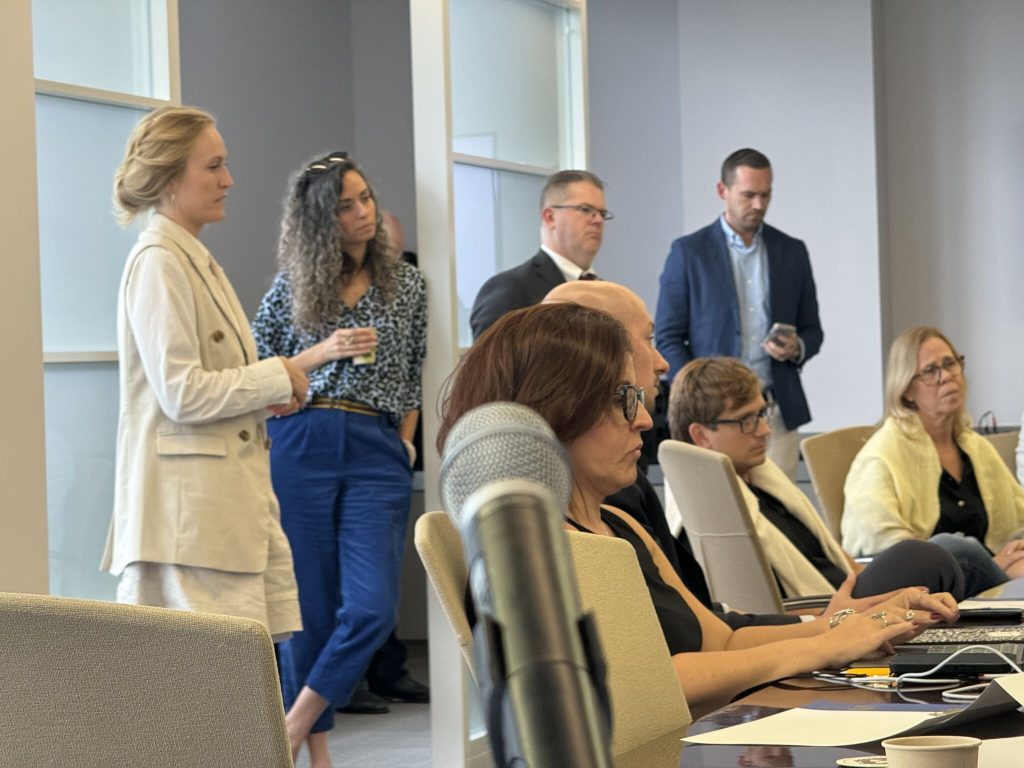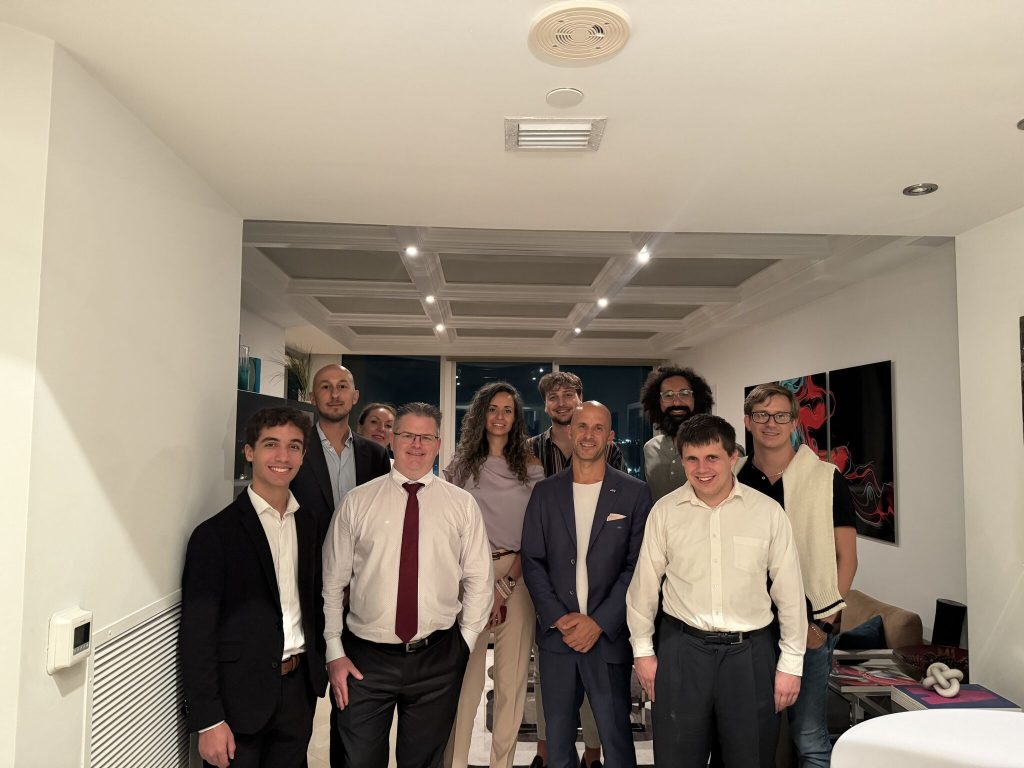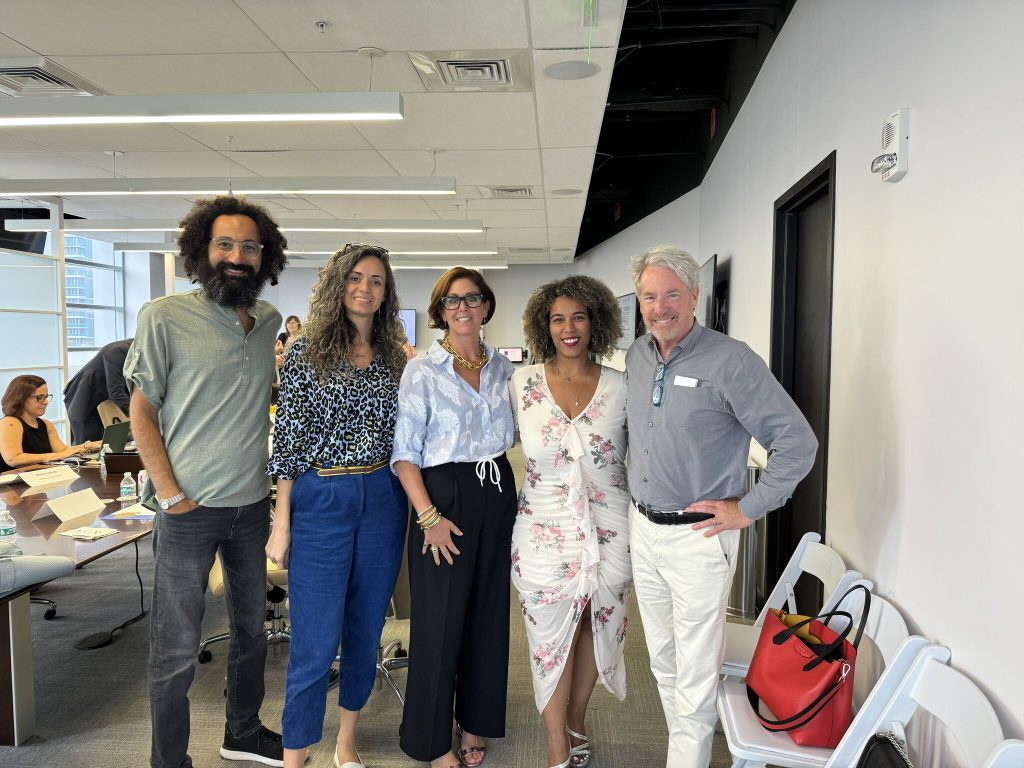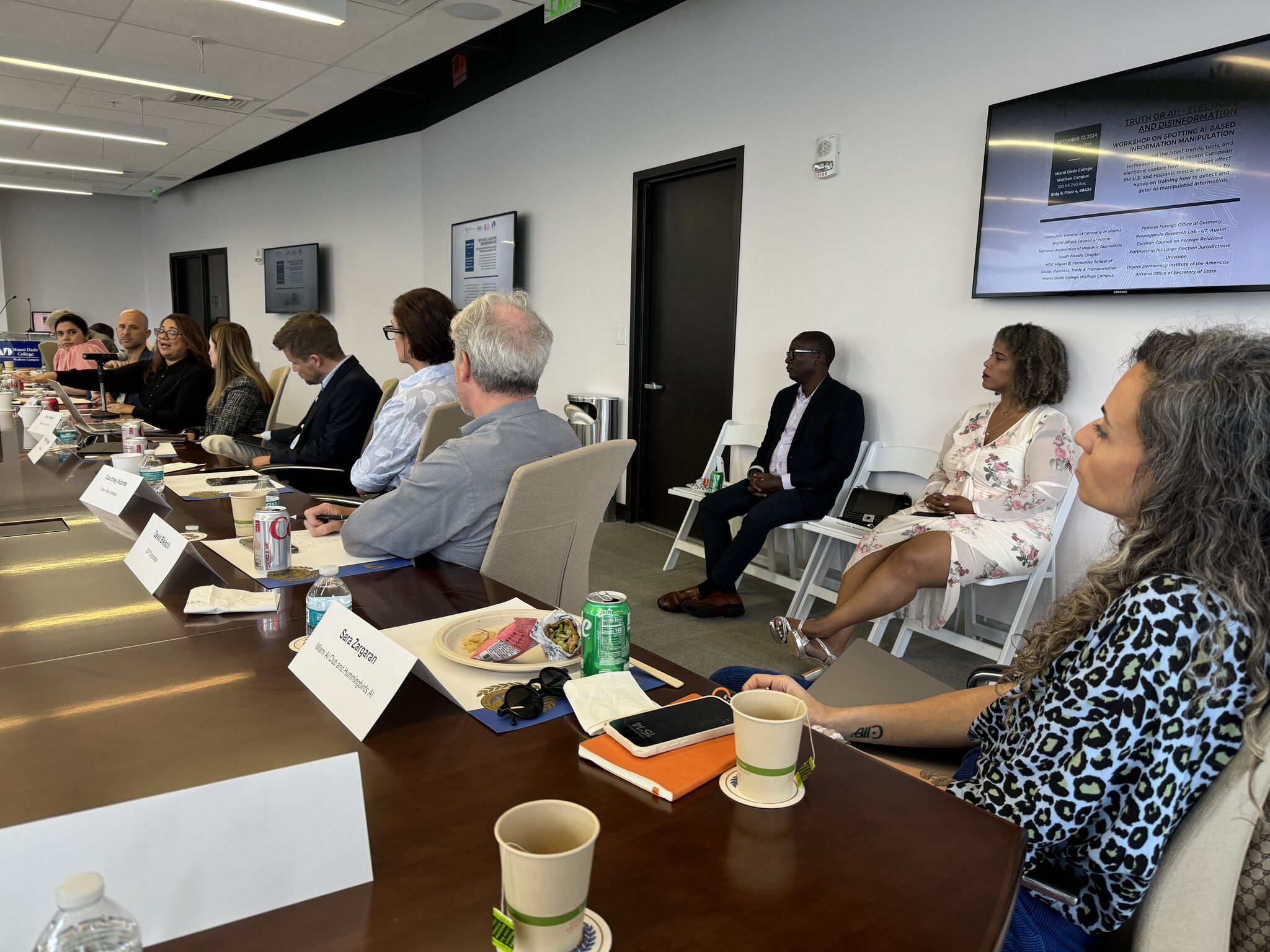Deepfakes – The Looming Threat to Election’s Integrity




Deepfakes, or more broadly AI’s ability to clone an individual’s face or voice, is a great example of an exponential risk where our defense largely relies on human judgment. It’s ironic that we’re creating technology capable of fooling even the smartest among us, yet we expect every citizen to be vigilant enough not to be manipulated, scammed, or defrauded. When someone falls victim, we often blame them instead of addressing the root of the problem.
At Miami AI Club, we view deepfakes as an exponential risk – a low-hanging fruit for fraudsters. We’ve taken proactive steps by creating the first community-driven guideline for NIST, conducting a survey of business and public leaders (message me if you want to participate), and establishing a dedicated Deepfakes Task Force.
Recently, our task force was invited by Aaron Rosen from World Affairs Council of Miami and the Consulate General of Germany to participate in the AI l, Truth & Elections workshop. Christofer Burger, the German Consul General and former speaker of the German Foreign Ministry discussed regulatory efforts, including the EU Digital Services Act and the importance of quality government communications.
Madeline Pumariega, MDC’s president, shared an encouraging update on AI literacy efforts. Over 1,000 individuals, aged 40 and above, who are currently employed, have enrolled in MDC’s AI program.
The panelists presented findings from their studies across 6 countries on AI’s impact on elections. They found that smaller parties tend to use more AI-generated content, focusing on hyper-personalized messaging. Audio content is gaining the most traction, with WhatsApp and Telegram being the preferred media.
One of the most alarming demonstrations came from Michael Moore, CISO of Arizona Secretary of State, who showed the capabilities of CIVAI (https://civai.org/) that can produce state-of-the-art deepfakes, and while access is currently limited, it’s only a matter of time before this technology becomes widely available., also available to fraudsters. Soon, it may become incredibly difficult for average people to trust anything they see or hear on the internet.
Are we on the brink of losing our digital trust entirely?
Later that evening, Germany’s Consul General invited us to a cocktail party at his residence, offering beautiful views of the ocean and bay, with excellent food from Motek, my favorite Middle Eastern restaurant. I had fascinating conversations with the Consul about the neuroscience of decision making and Germany’s efforts in using responsible AI for foreign policy over the past five years – a truly intriguing subject.
We understand that the fight against deepfake abuse is essential to protecting the integrity of the internet, our elections, and the trust among ourselves. This requires cross-border, cross-industry collaboration, and I’m glad we’re starting these crucial conversations in Miami.
